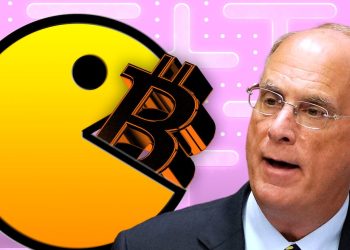That startup founders are in the driver’s seat has been plain for a while now. Consider the extent to which funding has soared, with investors reportedly plugging a record $93 billion into early-stage U.S. startups last year — triple what they raised five years earlier. Consider that the median valuation for seed- and early-stage startups doubled over the same period.
Consider also the continued rise of dual-class shares that provide founders with outsize voting power. Almost 30% of IPOs between 2017 and 2019 had dual-class structures, and that number likely increased between 2019 and the end of last year.
A less discussed proof point that underscores how far founders can push their investors — and eventually bankers — in a frothy market centers on lock-up periods. Typically a 90- to 180-day window after a company begins to trade publicly — time during which founders, investors, and employees agree not to sell their shares to show their faith in the company and instill confidence in new shareholders — lock-ups are starting to disappear, and somewhat quickly. According to new…









































